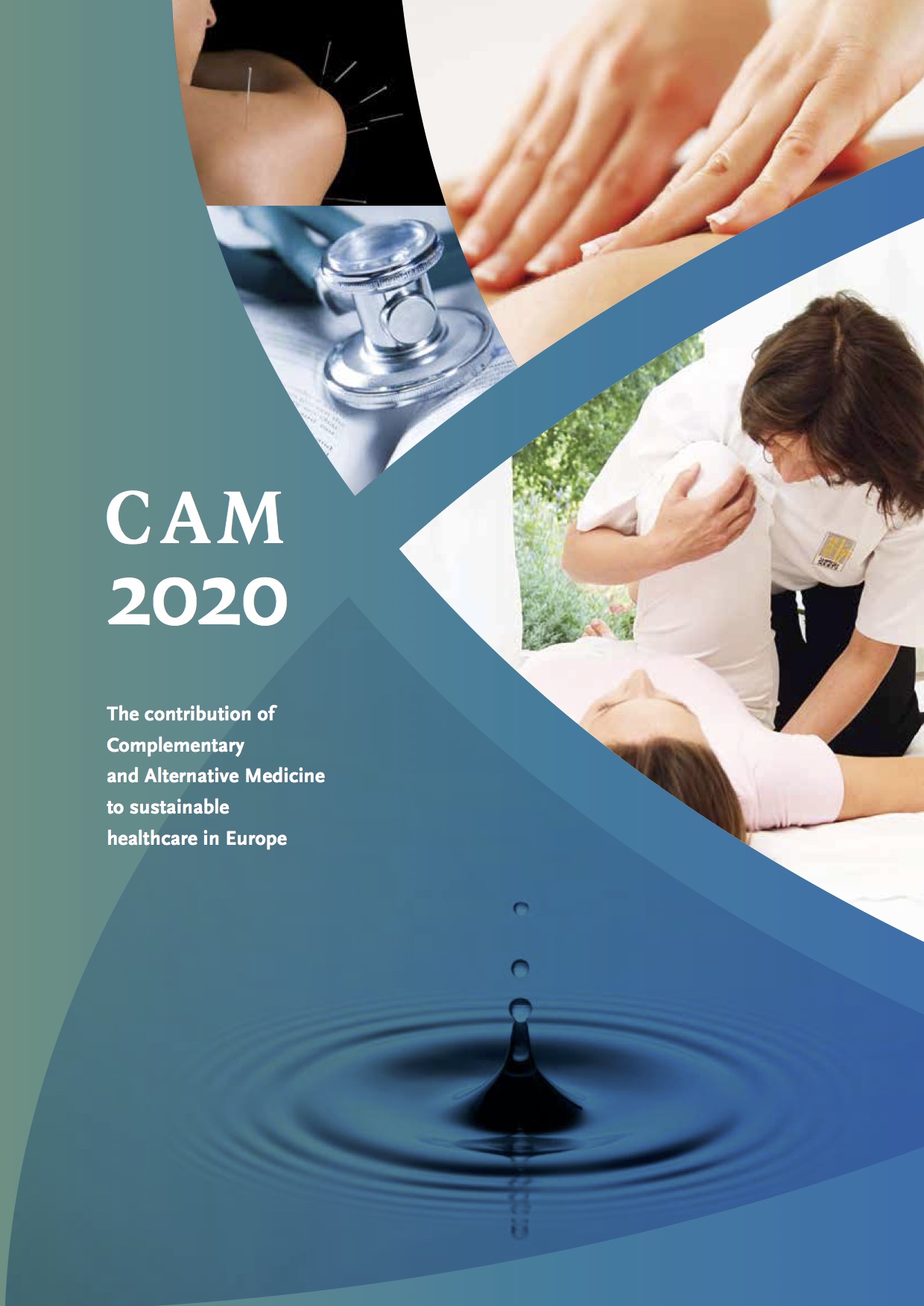Integrated Medicine
Integrated Medicine (in the USA: Integrative Medicine) is a recent movement that combines the best of two worlds, i.e. it integrates conventional medicine with CAM. It is the practice of medicine that reaffirms the importance of the relationship between the practitioner and patient, focuses on the whole person, is informed by evidence, and makes use of all appropriate therapeutic approaches (i.e. conventional medicine as well as CAM), healthcare professionals and disciplines to achieve health and healing.
In the USA the Consortium of Academic Health Centers for Integrative Medicine (CAHCIM) includes 39 highly esteemed academic medical centres (= 20% of all US academic medical centres). Among them are Harvard Medical School, Yale University, Stanford University, Mayo Clinic, Johns Hopkins University, etc. It aims to “help transform medicine and healthcare through rigorous scientific studies, new models of clinical care, and innovative educational programs that integrate biomedicine, the complexity of human beings, the intrinsic nature of healing and the rich diversity of therapeutic systems”.
The Consortium has issued the following statement: “Integrative medicine is not a radical movement but it can produce major change. Its point is to position medicine to continue to build upon its fundamental platform of science but to reposition itself to create a health system which more broadly focuses on the well being of our patients as well as its practitioners. To do so, medical education and practice must:
• Refocus on the patient as a whole and the primacy of meaningful physician-patient relationships. More and more of the benefits of our health system will require changes in patient behaviour, i.e., modifying lifestyle as well as taking therapeutics correctly. Such changes will require far more meaningful physician-patient relationships and medical school curricula must incorporate strategies to reflect these needs.
• Involve the patient as an active partner in his/her care, with an emphasis on patient education concerning how they can best improve their health.
• Be open to understanding the benefits and limitations of conventional allopathic medicine and the realization that science alone will not effectively deal with all the complex needs of our patients. Many patients, particularly, those with chronic or life threatening conditions want access to CAM approaches. Our health system must rationally address these needs.
• Teach practitioners the fundamentals of CAM strategies including their underlying principles as well as evidence, or lack thereof, of efficacy.
• Advocate for sound clinical research to test the efficacy of CAM strategies.
• Use the best in scientifically based medical therapies whenever appropriate but provide compassion, attention to our patient’s spiritual and emotional needs as well as appropriate complementary and alternative approaches when they improve conventional medicine. Fundamentally, Integrative Medicine is meant to provide the best possible medicine/healthcare, for both doctor and patient, and the success of the movement will be signalled by dropping the adjective. It is our belief and recommendation that Integrative Medicine be a cornerstone of the urgently needed reconfiguration of our increasingly dysfunctional system of healthcare. The Integrative Medicine of today will simply be the medicine of the new century.”
As attitudes change and scientific evidence continues to grow, it is envisaged that the term “complementary” will soon be outdated and replaced with “integrated”, which suggests the healthy balance that can be achieved between modern Western medicine and complementary therapies.


